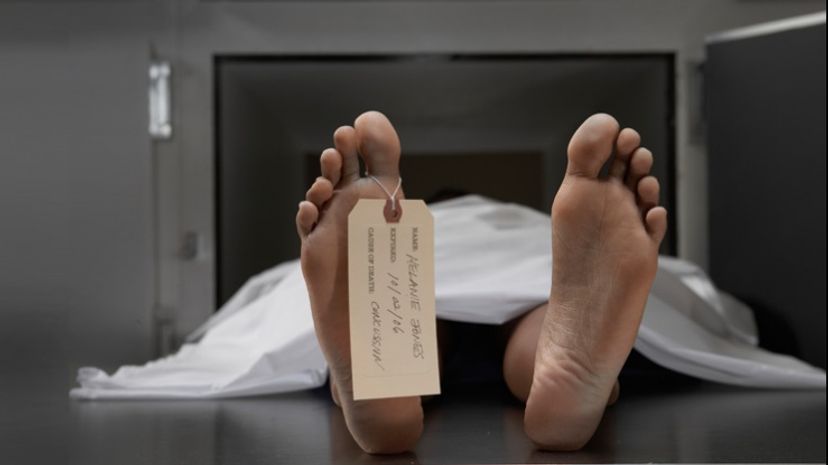
About This Quiz
Nobody wants to be on the receiving end of the services offered through morgues. In this quiz, you'll test your knowledge of who's doing what to your body between your death and your grave.England introduced the world to the official position of coroner back in 1194.
Coroners were commonly called crowners, since they represented the interests of the King of England.
Though a coroner's findings may be used to name murder suspects, the main duty of a coroner is establishing the cause of death. This is officially recorded on a death certificate.
Advertisement
Body farms are secured areas where bodies donated to science are allowed to rot under various conditions in order to learn the effects of the elements and time on human remains.
Coroners are elected to office, and they're often not required to have any medical background whatsoever. Medical examiners have medical licenses and are appointed to office.
Odontology is the study of forensic evidence relating to the teeth and mouth. Dental records can help identify a body, and bite marks can help identify a suspect.
Advertisement
In some counties throughout the United States, coroners still assume the powers of sheriff when the sheriff is incapacitated. Until recent decades, coroners and sheriffs were often one and the same.
Coroners usually have the power to subpoena witnesses to the death, family members of the deceased or others who can help them determine the cause of death.
In the U.S., about 20 percent of deaths, or one in five, result in autopsy. Autopsies are usually performed when a death is sudden, unexplained or violent.
Advertisement
Coroners and medical examiners are required to perform or authorize autopsies if the cause of death is unknown or uncertain, and no one has the authority to overrule them.